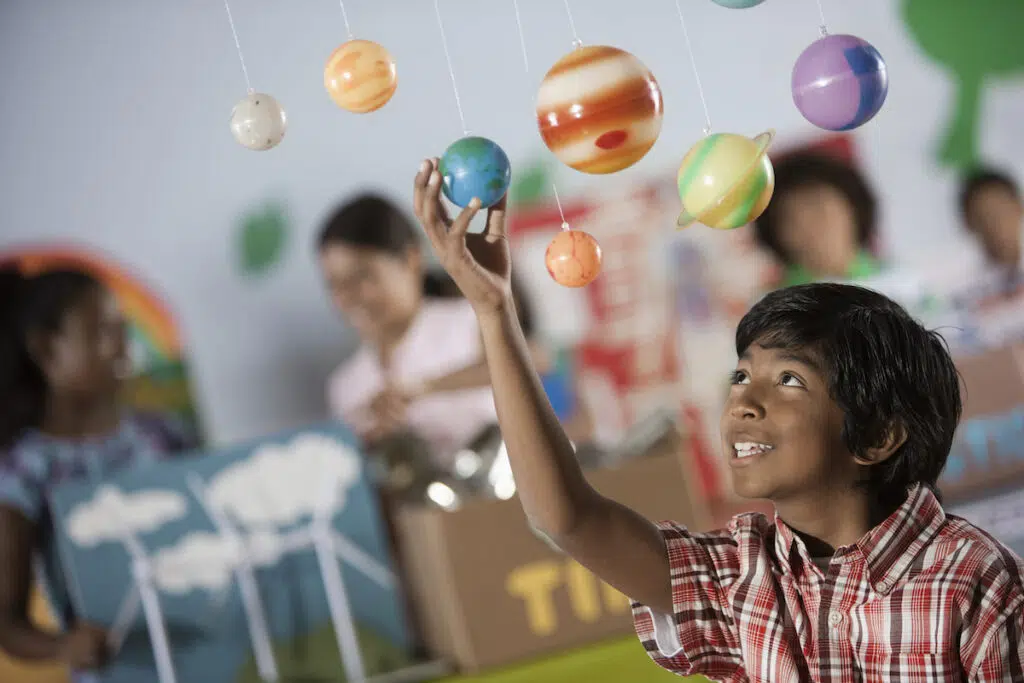Incorporating Life Skills into the Modern Education System.

Introduction
The landscape of education is evolving rapidly, with an increasing emphasis on preparing students for life beyond the classroom. In the 21st century, academic knowledge alone is not sufficient to succeed in an ever-changing world. To equip students with the tools they need to navigate life effectively, the integration of life skills into the modern education system has become essential.
The Importance of Life Skills
Life skills are a set of abilities that enable individuals to deal with the challenges and demands of everyday life. These include critical thinking, problem-solving, communication, emotional intelligence, financial literacy, and adaptability. These skills help students not only excel academically but also build resilience and foster personal growth. In today’s world, where technology, social dynamics, and job markets are rapidly changing, having strong life skills is crucial for success in both personal and professional spheres.
Why Life Skills Should Be Integrated into Education
The traditional education system, which mainly focuses on academic achievements, often leaves students unprepared for real-world challenges. By integrating life skills, schools can provide students with the ability to manage stress, make informed decisions, communicate effectively, and solve problems independently.
Emotional intelligence is vital for interpersonal relationships and workplace success. Teaching students to understand and manage their emotions, as well as empathize with others, can lead to better collaboration, conflict resolution, and overall well-being.
In a rapidly changing world, critical thinking and problem-solving skills are indispensable. Students who are taught how to approach challenges analytically and creatively are better equipped to adapt to unexpected situations, whether in their personal or professional lives.
Employers today seek individuals who possess a blend of technical knowledge and strong interpersonal skills. Incorporating life skills into education ensures that students are not just job-ready, but are equipped to thrive in dynamic, global work environments.
How Life Skills Can Be Integrated into the Curriculum
Many schools are already implementing life skills programs as part of their curriculum. These programs can include workshops on financial literacy, time management, self-care, and social skills. By making life skills a regular part of the education experience, students are given the opportunity to practice and refine them.
Project-based learning (PBL) is an excellent approach for incorporating life skills into the classroom. Through PBL, students work on real-world problems, collaborate with peers, and apply their knowledge and skills in practical ways. This fosters teamwork, communication, and problem-solving abilities.
Social and emotional learning (SEL) frameworks focus on teaching students to recognize and manage their emotions, set and achieve goals, and develop positive relationships. Schools can incorporate SEL into daily activities and lessons to promote emotional intelligence and resilience.
Extracurricular activities such as clubs, sports, volunteer work, and internships provide students with opportunities to develop a range of life skills outside the traditional classroom setting. These experiences allow students to hone leadership, teamwork, and time management abilities while pursuing personal interests.
Challenges to Incorporating Life Skills
One of the main challenges schools face in incorporating life skills into the curriculum is the sheer volume of content that must be covered. Educators must find a balance between academic subjects and life skills education to ensure students receive a well-rounded education.
Many educators may not feel adequately prepared to teach life skills, as these topics often fall outside traditional teacher training. Schools must invest in professional development and resources to ensure teachers have the tools they need to effectively teach life skills.
Conclusion
Incorporating life skills into the modern education system is essential for preparing students to face the complexities of the modern world. By focusing on critical thinking, emotional intelligence, communication, and other essential skills, schools can equip students with the tools they need to succeed in their personal and professional lives. Emphasizing life skills alongside academic knowledge ensures that students are not only ready for exams but are also prepared for life beyond the classroom.










